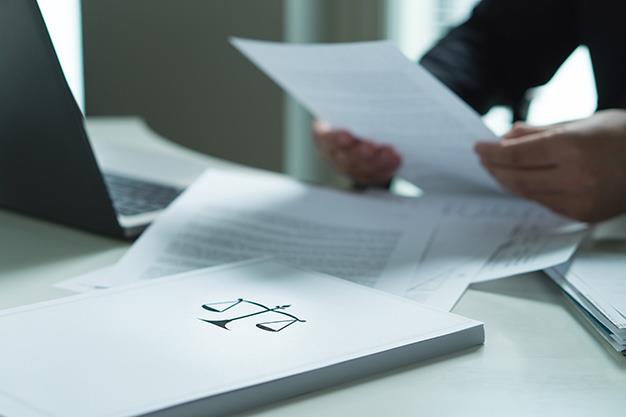*Article updated on 17 March 2022
There are both advantages and disadvantages to buying property in a trust. Conveyancing and Property Law experts Abrahams and Gross details what you need to know if you are considering this route.

A trust is a legal entity which is created by a founder and which can (amongst other things) purchase and own property. Once a trust is created, all assets are placed into it by either the founder donating assets to it or by the entity itself purchasing or otherwise acquiring assets.
Trusts are costly but have advantages
Starting a trust is a costly exercise, but there are certain advantages to purchasing property through it, which may outweigh the initial set-up costs.
The pros of buying property in a trust
Once a trust is formed and the assets transferred out of the founder’s name, the trust owns the assets. Practically, this means that once the founder passes away, the assets in the trust will not form part of the deceased’s estate and will not be liable for estate duty.
Executor’s fees in respect of these assets will be eliminated and there will be no reason to transfer the property to any of the deceased’s heirs, which in turn saves unnecessary transfer duty and possible capital gains tax.
Furthermore, provided the trust is not created to prejudice creditors, assets are protected from creditors. Should the founder become insolvent, the assets in the trust cannot be attached, provided a certain period of time has passed. Where the founder was solvent at the time the assets were transferred, a period of six months must have passed. Where the founder was insolvent at the time of transfer, a period of two years must have passed for the assets to be protected.
The cons of buying property in a trust
With the advantages also come the disadvantages of buying property in a trust instrument.
A founder is technically no longer in control of the trust assets, as he is not the owner. Trustees are appointed to manage the entity and its assets. These assets are thus controlled by the trustees whose powers will be limited and defined in the trust deed.
Their controls will also be limited depending on whether or not it is a vesting or discretionary trust – a different matter to be discussed another time. It should also be noted that the founder is ordinarily also a trustee and would normally appoint the first trustees of the trust.
Tax implications of trusts
There are also certain tax implications when it comes to trusts. Trust instruments pay higher tax than individuals pay and any income received by a trust is now taxed at 45% per annum, with no rebates applicable. Capital Gains Tax is incurred on any capital interest earned by the trust, which is charged at a higher rate than that of an individual, but which is fortunately still lower than the rate of estate duty.
It is important to remember that trusts are not exempt from transfer duty when purchasing immovable property and are liable to donation tax in the case where assets are donated. While a trust is an excellent way to protect assets, it is not suitable for everyone.
Ensure you get specialised guidance from experts
It is advisable to obtain appropriate tax advice from a tax specialist before creating and managing a trust. Our Conveyancing and Property Law team specialises in all matters relating to the selling or purchasing of immovable property in a trust. Contact our experienced attorneys today for assistance.
For legal advice pertaining to creating/setting up a Trust contact Basilio de Sousa.
Disclaimer: The articles on these web pages are provided for general information purposes only. Whilst care has been taken to ensure accuracy, the content provided is not intended to stand alone as legal advice. Always consult a suitably qualified attorney on any specific legal problem or matter.








